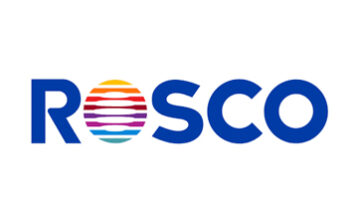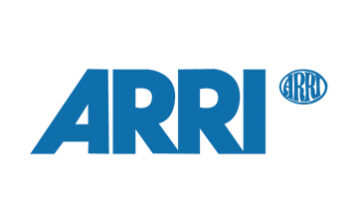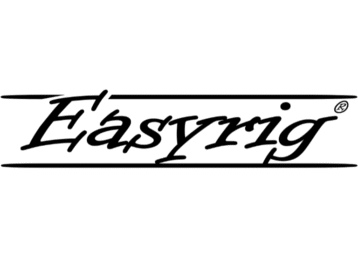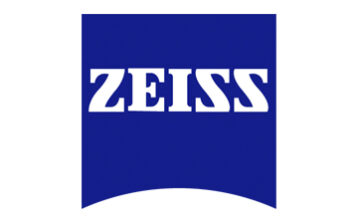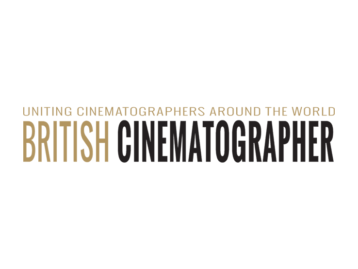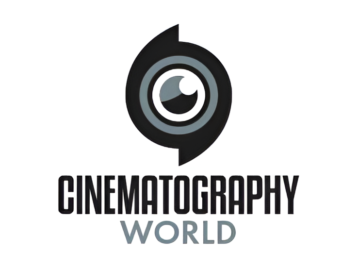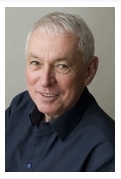
“We need to learn to live together in the framework of rules and treaties. There is no other way.” Not the words of Thomas Jefferson or Karl Marx but the French President Francoise Holland in chastising the British Prime Minister recently over the latest Brussels debacle . He added his contempt for threats to pull out of an organisation in which it had such a pivotal role to perform. “Wake up and smell the coffee” was the advice to Cameron from the Finnish PM.
The British Society of Cinematographers (the BSC) founded in 1949 is the oldest and most respected of the 47 Societies which comprise Imago. A strict standard of entry is applied to all new members, selected only by invitation and recommendation. It is the benchmark to which aspire many others in upholding the highest standards of Cinematography. The maintenance of the quality of visual storytelling is also the foundation stone of Imago. However in the Imago house there are many mansions and all aspire to achieve their own highest standards. Not all are as fortunate as the British or Scandinavians with their efficiency or tax incentives.
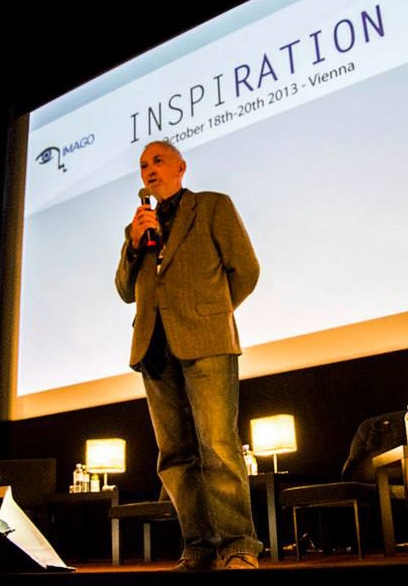 The appointment of such a respected Cinematographer as Barry Ackroyd to the role of President of the BSC has been warmly welcomed throughout Imago. Under his charge Imago is looking forward to the British taking a more active role in issues such as Authors Rights and efforts to improve conditions of service. Ironically if the UK were to depart from the EU the only benefit financially would be to the EU countries which sanction and pay residuals to the British Screen Craft Rights Collecting Society. This would be terminated forthwith to the disadvantage of cinematographers who benefit financially from working on British based productions screened on television in EU countries.
The appointment of such a respected Cinematographer as Barry Ackroyd to the role of President of the BSC has been warmly welcomed throughout Imago. Under his charge Imago is looking forward to the British taking a more active role in issues such as Authors Rights and efforts to improve conditions of service. Ironically if the UK were to depart from the EU the only benefit financially would be to the EU countries which sanction and pay residuals to the British Screen Craft Rights Collecting Society. This would be terminated forthwith to the disadvantage of cinematographers who benefit financially from working on British based productions screened on television in EU countries.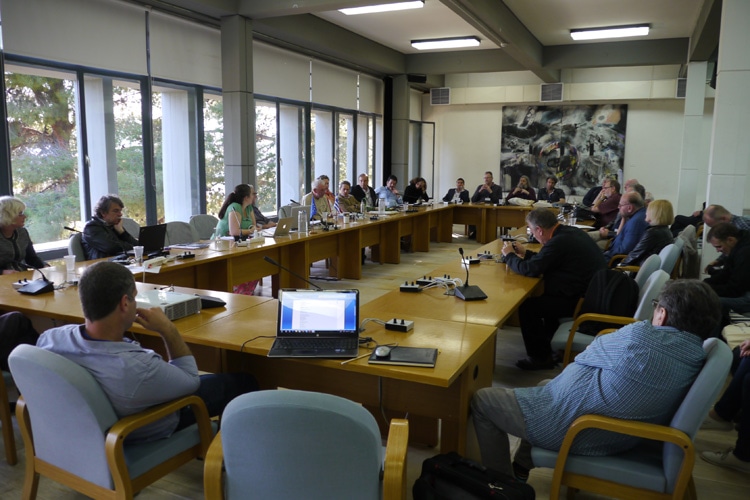
Each Society has its strength and weaknesses. The Danes are the benchmark for the World in Authors Rights and working agreements. Their success is due to the ability by both Producers and Film Workers to honour agreements. In recent years there has also been a resurgence of admiration for the standards of their cinematography, primarily due to their television films. The weakness in all Societies is that not enough cinematographers are actively supporting the few who do care. Most cannot afford secretaries and are managed by too few hard working individuals. Prospective members of the ASC were asked to state their intended contribution for the benefit of the Society. Ask not what your Society can do for you but tell us what you can do for your Society? This was the question and a positive response required before membership was awarded. However even the World’s senior and most respected Society, the ASC, are having difficulties with finding dedicated individuals to actively assist its operations.
The April Delphi IAGA (General meeting), excellently organised by the young Greek Society, was a landmark in the history of the Federation. It marks an opportunity for Societies globally to work together for the greater good of our craft. The Imago door is now open to all Societies to become full members. The struggle for the last six years has been frustrating at times, but the reward is the new opportunity on the horizon. Already the Australians have assisted in bringing Master Classes to Europe. The Israelis have the most efficiently organised Society anywhere and are playing a pivotal role in helping Imago bring a Conference devoted to improving Working Conditions to Brussels next year. If any serious effort is to be made to improve the existing global blight of conditions of work, it can only achieve positive results through co-operation with Trade Unions. That does not mean that Imago is a Trade Union, only that as cinematographers we have some responsibility for our fellow team members. An incident recently where three focus pullers were sacked on an American production in Britain and the cinematographer did and said nothing was a disgrace to our profession.
One of Imago’s smallest Societies, the ESC of Estonia is under threat from their Ministry of Justice. Changes are proposed to their Authorship Law which hitherto has been favourable and progressive in terms of the protection of Creative Rights. Two changes are proposed which if enacted could change Estonian Law and by implication erode the rights of Cinematographers in Europe.
In the first proposal from the Estonian Minister of Justice states that the term “right for fair remuneration” shall no longer apply to creatives (horrible EU speak for cinematographers).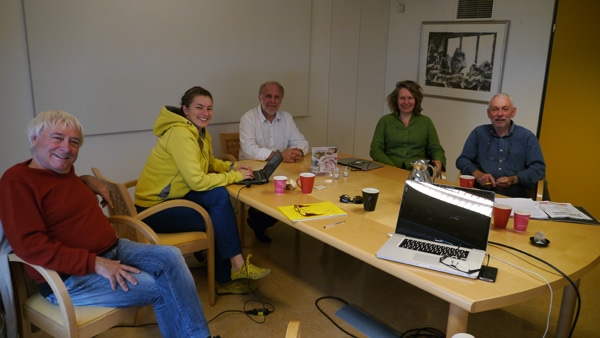
Equally sinister is the intention of Minister of (in) Justice that the right of “invulnerability of the original work” shall be changed so that the work can be altered without the permission of the author/ cinematographer. Under the Soviet system conditions were generally favourable for cinematographers who were regarded as artists and held in high esteem. It is vital that Imago defends this attack on our basic rights in the same way as we were able to assist the Bulgarians four years ago when their conditions were also under threat. A letter of protest from Imago was read to their Parliament and the proposals were dropped. Imago will call upon all 47 Imago Societies to express solidarity with the Estonians in their cry for help. The instant response to the plea for assistance from Estonia from Imago’s societies has made me very proud to be President of such a generous and caring Federation.
It is reassuring to note in his address in Brussels that at least one Frenchman, their President, echoed the sentiment of Alexandre Dumas “all for one and one for all”.
It is in this belief Imago continues to find strength and encouragement.
Nigel Walters
IMAGO president



